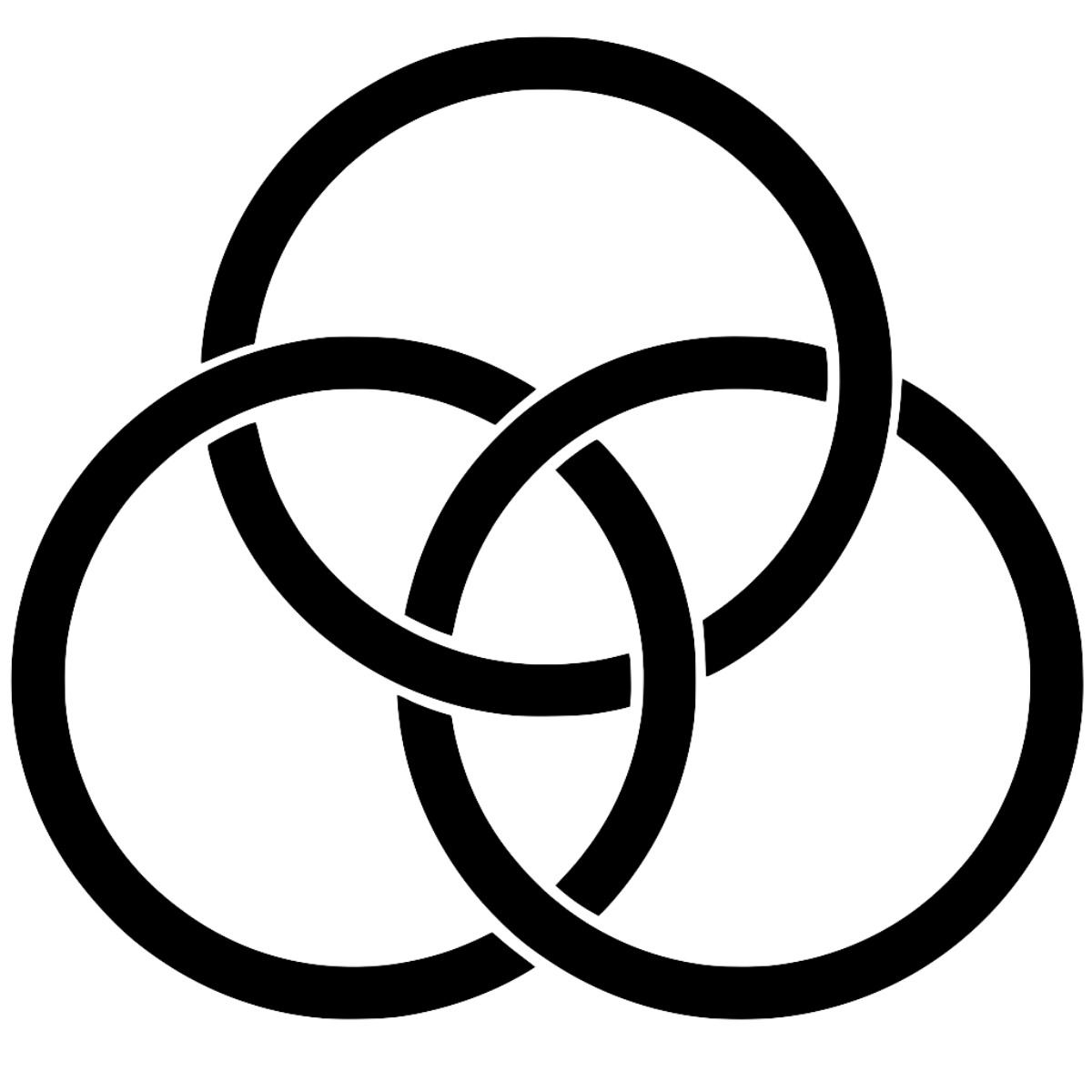Du 'Trieb' de Freud et du désir du psychanalyste
1964 (4 pp.)-DU "TRIES" DE FREUD ET DU DESIR DU PSYCHANALYSTE (ON FREUD'S "TRIES" AND ON THE DESIRE OF THE PSYCHOANALYST)�ITALY 1964-FRANCE 1966 How should Trieb be translated? One knows the controversy: "instinct" or "drive"? In 1938, Lacan had already rejected the term "instinct" in favor of "complex" (10), and he also thought at the time that he could isolate "a pure primitive drive" (11). Later, in his graphs of desire (36) he linked the drive to the formula: a 0 D (the drive is related to the demand and not to the need). However, it was not until the seminar on L'Angoisse (52) that he began to address this concept more closely. The problem of translation is above all a problem of definition. This sum�mary of his talk and of his comments in Rome at the Colloquium organized by Professor Castelli on "Technique and Casuistry" foreshadows the seminar to come on Les Quatre Concepts fondamentaux (55), one of these four con�cepts being the drive. Lacan even says in a note in Ecrits that he "avoided giving too quickly [his own theorizations] to a wide and uncontrollable audience. " He reaffirms the difference between libido and sexual instinct: "its reduc�tion, up to a point, to male desire warns us of the difference," he says. Except for this statement, the text is a confirmation of his convictions (some would say of his ideology): the Name-of-the-Father allows man to escape the sexual service of the mother; Venus is proscribed from our world; theology has de�cayed before a prevailing monotheism; castration protects one from incest with the mother as well as from homosexuality, as the law protects one from jouissance, which is on the side of the Thing; desire institutes i.tself in the assumption of castration and lack; as for the woman, "she must lose what she does not have," etc. Such themes are familar. What about the analyst's de�sire? This desire is the one that ultimately, for good or for bad, operates in psychoanalysis. Let us conclude with an indiscreet question: why did Lacan talk about a 192 0 OS S I ER "maternal instinct" in Les Propos directifs (45) and, in an obsessive way. about a "death instinct" above all?
